Local Emergency Planning Committees
In response to emergency incidents involving hazardous materials, the U.S. Congress passed the Superfund Amendments and Reauthorization Act (SARA) in 1986. Title III of SARA is a free standing statute known as Emergency Planning and Community Right to Know Act (EPCRA). This act created the State Emergency Response Commission (SERC) and a network of Local Emergency Planning Committees (LEPCs).
Delaware’s Local Emergency Planning Committees
Delaware has four Local Emergency Planning Committees, one for each county and the City of Wilmington. The State Emergency Response Commission approves their membership, provides funding, guidance, supervision, and oversight. The funding is provided by a fee on hazardous materials used by companies in the state. Local Emergency Planning Committees report to the State Emergency Response Commission at their regular meetings.
Local Emergency Planning Committees are required to have broad representation from many groups, including State and Local officials, media, law enforcement, fire services, EMS and health care, emergency management, transportation, environmental and community groups, citizens, and industrial facilities that use hazardous materials.
Local Emergency Planning Committees
New Castle County LEPC
Chairperson – Dave Irwin
P.O. Box 2998
Wilmington, Delaware 19805-0998
(302) 395-3633
City of Wilmington LEPC
Acting Chairperson – Willie Patrick
Emergency Operations Center
22 S. Heald Street
Wilmington, Delaware 19801
(302) 576-3914
(302) 571-5491
Kent County LEPC
Chairpersons – Kevin Sipple and Brandon Olenik
Kent County Emergency Services Building
911 Public Safety Boulevard
Dover, Delaware 19901
(302) 735-3465
(302) 735-3473
Sussex County LEPC
Chairperson - Charles Stevenson
Sussex County Emergency Operations Center
21911 Rudder Lane
Georgetown, Delaware 19947-0589
(302) 855-7810
(302) 855-7805
Public Meetings
All meetings of the SERC and the LEPCs are public. SERC and its Committees’ meetings are posted on the state Public Meeting Calendar. LEPC meetings are posted on the associated County/City website.






